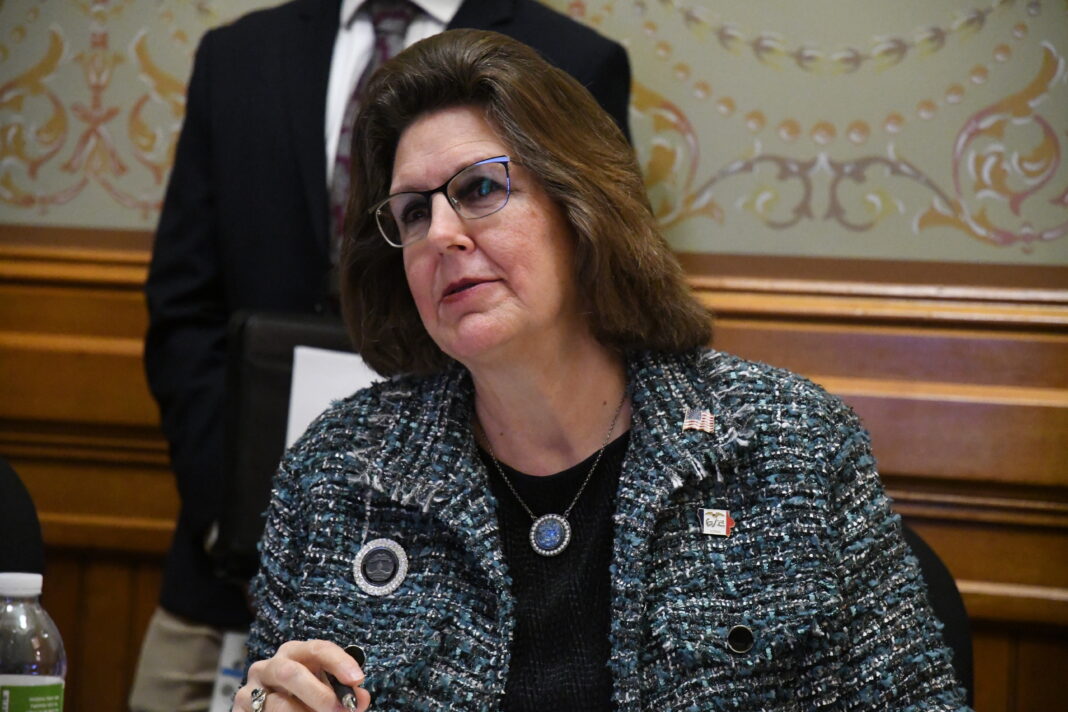I introduced a bill to reform our disaster emergency law. We had a chance to see how it operates when we experienced a public health disaster under the COVID pandemic. I am not critical of the governor here. She has done a great job for the first rollout of using our disaster emergency law to manage the public health disaster emergency we had over the past couple years with COVID.
However, if Iowa would get a governor in the future that would not be as respectful of citizens’ rights and freedoms as we saw in other states, we would be unprotected as our law does not clarify that rights and freedoms for citizens continue in place even during a disaster emergency. And our law places the entire burden of governing during a disaster emergency on the governor.
My bill would include protections for Iowans’ freedoms and individual rights and to bring the voice of the people through their elected representatives in the legislature to share in the burden of governing during a disaster emergency. This bill was the work of a number of legislators who brought input. It passed subcommittee and will now be considered by the full committee.
Here are the provisions of the bill:
- A governor’s disaster proclamation should only be in effect for 60 days and only be able to be extended by the legislature. If the legislature extends it, it can be for up to 60 days but the legislature would need to authorize any further extension, which shall not exceed 60-day increments.
- The legislature has the authority to line item veto provisions of a governor’s proclamation.
- A disaster emergency proclamation cannot:
- Infringe on a constitutionally protected right except it pass the highest standard under law (which is what the law is normally)
- Restrict rights, interests or activities in a manner that is not neutral or evenly applicable (can’t shut down a business if other businesses are open and can’t shut down a church if businesses are open)
- Prohibit in-person interactions between family or pastor with a patient in a hospital or resident in a nursing home
- Authorize use of mobile, cellular, or any other digital technologies or drones or robotics to track or surveil persons without their consent
- Restrict the practice or scope of service of a health care professional or hospital, or clinic
- Restrict the prescribing authority of a health care professional (doctors may continue the freedom they already had to prescribe off-label drugs)
- Require participation in a contact tracing program (keep the program voluntary)
- Require diagnostic tests, vaccinations, quarantine or treatment of healthy people. If sick, they cannot be required to take a vaccination or a treatment but can be required to be quarantined. Medical and religious exemptions apply. Mandatory restrictions on freedom of movement and freedom of association are prohibited unless a person is sick or a warrant obtained.
- Individuals can share evidence-based information and experiences on the Iowa Department of Public Health website.
- Clarify that medical and religious exemptions still apply during a disaster emergency for the vaccinations that are required for attendance at public schools.
















